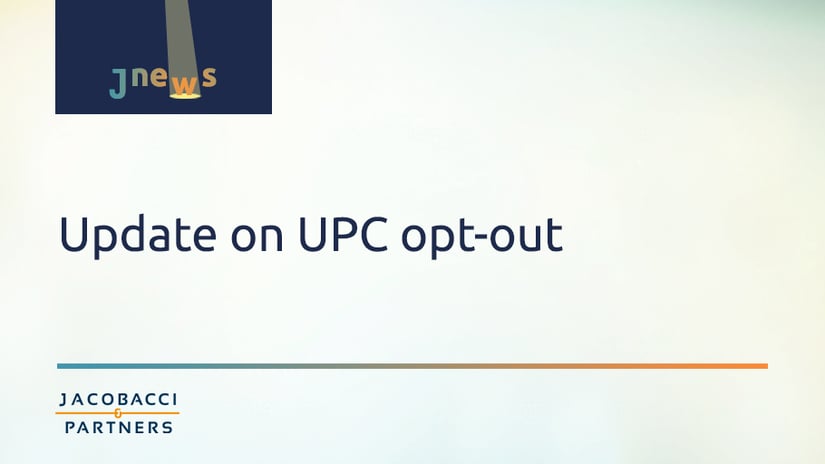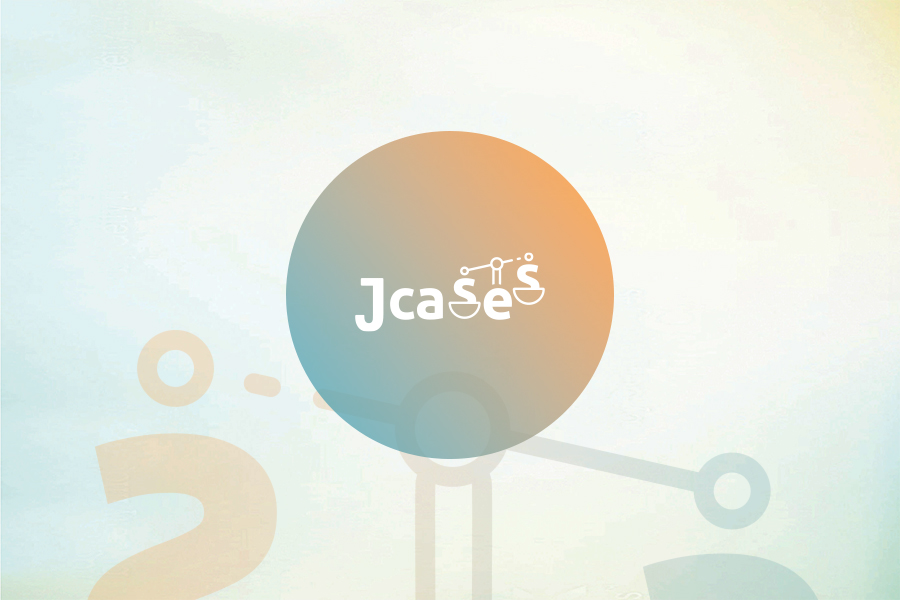
The entry into force of the Unified Patent Court Agreement (better known as UPCA according to its English acronym) has been postponed to June 1, 2023.
With the entry into force of the Unified Patent Court Agreement, a European patent with unitary effect will be established, initially covering 17 EU member states (AT, BE, BG, DE, DK, EE, FI, FR, IT, LV, LT, LU, MT, NL, PT, SE, and SI) and establishing a unitary patent jurisdiction in these member states.
The UPCA provides for the establishment of a new court - the Unified Patent Court (UPC) - which will also have jurisdiction over traditional European patents and applications, validated or to be validated separately in the countries of interests, unless the patent owner or applicant (or co-owners/co-applicants where there is more than one) requests that national courts continue to have exclusive jurisdiction by filing an "opt-out" declaration. The "opt-out" declaration is not mandatory, and an inactivity in relation to the possibility of "opt-out" does not in itself result in any loss of rights.
The main purpose of this communication is to inform you of the possibility of sheltering your European patents from the jurisdiction of the new unified patent court UPC and, on this occasion, to learn about your interest to such a declaration so that we can provide you with an indication of the costs to support your final decision.
Specific comments on the effect of "opt-out"
Through the filing of an "opt-out" declaration, the status quo of exclusive jurisdiction of national courts with respect to such opted-out European patent applications/patents will be maintained.
The declaration of "opt-out" itself and also a subsequent revocation of the previously filed declaration of "opt-out" for a given European patent/patent application will be possible during a transitional period of at least seven years, but only for one time, and provided that no national court proceedings (in the territory of jurisdiction of the UPC) relating to the involved European patent/patent application have been initiated in the meantime.
An "opt-out" declaration can be filed, for example, with the purpose to protect a patent from centralized revocation actions before the new unified patent court UPC. Such a centralized revocation action could be initiated as soon as the UPC becomes operational, i.e., probably as of June 1, 2023.
Advantageously, for patentees who wish to avoid from the outset any risk of centralized revocation, there is an opportunity to exclude their patents from the jurisdiction of the UPC before the UPCA comes into effect. It will be possible to file an "opt-out" declaration during an early time period (i.e., the so-called "sunrise period") that is likely to begin on March 1, 2023. An ineffective "opt-out" declaration or a choice not to opt-out at all will have no consequence, other than the fact that in the future (in addition to the jurisdiction of the traditional national courts) also the UPC will have jurisdiction for the European patent/application in question.
In view of the above, we are available for clarification and for jointly considering the opportunity of an "opt-out" choice for some or all of your European patent applications/patents.
Your "opt-out" instructions or requests for "opt-out" quotes should be accompanied by the name and registered office address of all current patent/patent application holders, as incorrect or otherwise out-of-date data may render an "opt-out" declaration ineffective, even if properly recorded.
Timely instructions will minimize the risk that an "opt-out" declaration may not be registered in due time by the UPC.
Our European patent attorneys possess the due certification for representation before the new unified court. We are available for any clarification and to assist you in the most appropriate strategic use of the new unified court system for European patents, of the possibility of "opt-out" from the unified court system, and of the future possibility of unitary validation of European patents.



